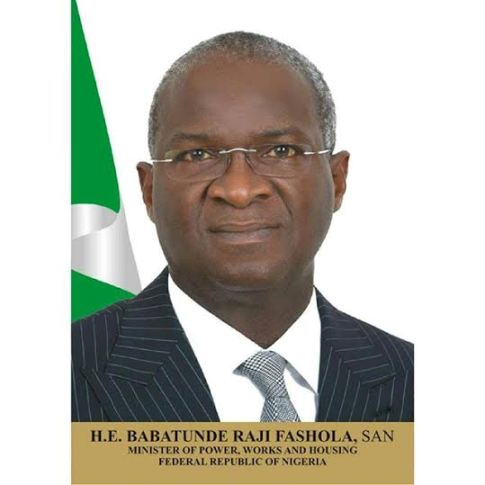The United States Center for Strategic and International Studies, CSIS, has said that Nigeria’s lingering problem of power deficiency remained the nation’s problem to grow economically and called for a partnership with Nigeria to help build a robust modern power sector.
The centre in its report released on Wednesday indicated that the country’s electricity generation and distribution gap was a fundamental barrier to its prosperity.
The Washington based think-tank in the report authored by Director for Africa Programme, Judd Devermont and Todd Moss, projected that if Nigeria still lacked a modern power system several decades from now, its people would be poor and intensely frustrated.
The report stated: “Such a future would not only be a tragic waste of human capital and a missed opportunity but it would also make Nigeria a dangerous source of global threats. A government that cannot meet the basic needs of its population cannot be an effective partner for the United States.
“No economy can make the transition from poverty and low productivity to higher incomes and global competitiveness without high-energy systems. The lack of reliable and affordable power significantly constrains economic growth.
“The Nigerian economy needs to create about four million jobs per year just to keep pace with current population growth. Without these jobs, Nigeria’s population will be frustrated, angry, and impoverished.
“Nigeria is currently consuming 80 percent less electricity than other countries at a similar income level. As the country grows in population and wealth, energy demand will only rise. By comparison, for Nigeria to rise to the average consumption level of today’s Tunisia or Egypt by 2045 would require the country to generate at least 60 gigawatts. That’s a 20-fold increase over Nigeria’s current capacity. Clearly, incremental changes won’t do it”, the centre added.
According to the centre, Nigeria currently generates less than four gigawatts which means the entire country of 200 million people has about the same electricity as a medium-sized American city such as Columbus, Ohio or Jacksonville, Florida.
It noted that in addition to the supply shortages, Nigeria’s transmission network remained decrepit and its utilities remained largely bankrupt.
The Washington based think-tank stated further that by 2045, Nigeria will be more populous than the United States, but the entire country currently produces less than one percent as much electricity, said the article in the center’s monthly publication.
It clarified further: “A low-energy future—in which a youth bulge meets an underpowered economy that cannot create jobs—would be a security nightmare for both Nigeria and the United States. Nigeria needs a high-energy grid system to power its factories and cities and to sustain a growing economy.
The centre canvassed the partnership of the United States and Nigeria to enable the latter build such a system, adding that ” an energy partnership would diversify the funding for Nigeria’s power sector by combining U.S. resources with capital from institutional investors and development finance institutions.
“The United States and Nigeria should negotiate an energy compact defining the project’s priorities and establishing performance metrics. For instance, the compact could set a goal of 30 gigawatts of installed capacity by 2030, sketch a road map for how to get there, and a supply a specific set of benchmarks that both partners must meet.
“If the United States works with Nigeria to help it build a reliable, modern power system, the country could become an economic engine for Africa. Instead of being a perennial trouble spot, Nigeria could become a stable and economically prosperous ally that works closely with the United States on a range of shared global threats.
“Although a successful energy sector is not a panacea for all of Nigeria’s problems, it would go a long way toward ensuring that millions of young Nigerians have the chance to contribute to an expanding economy in a country at peace with its neighbors and itself”, the centre added.






